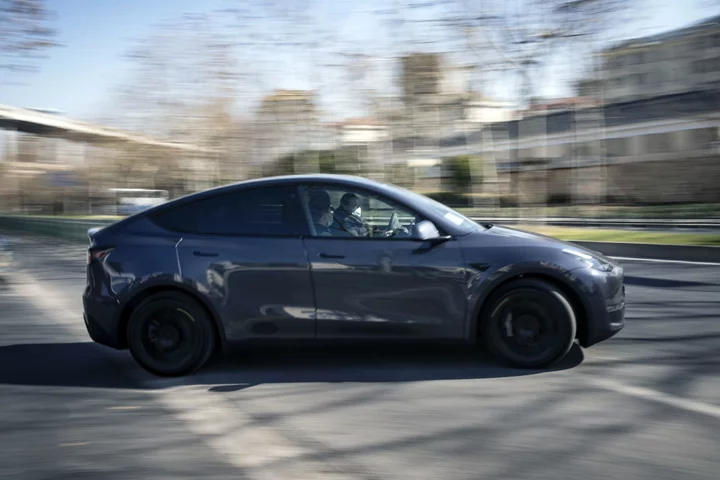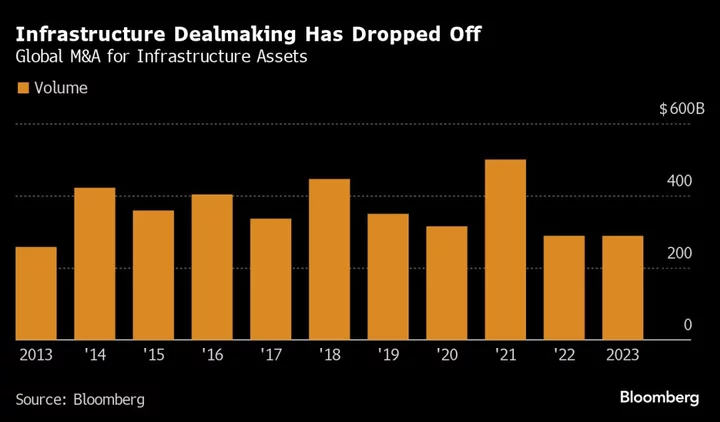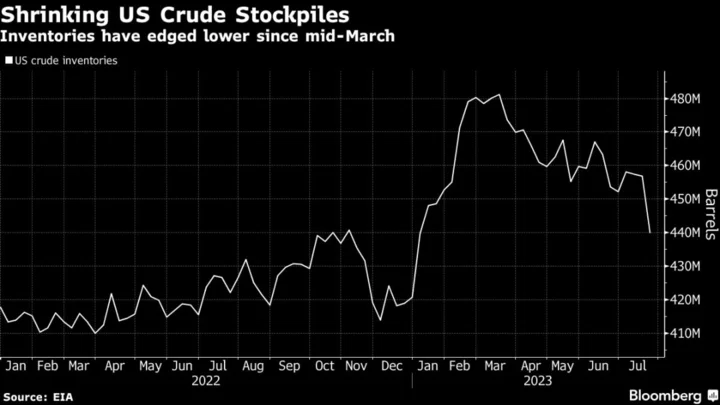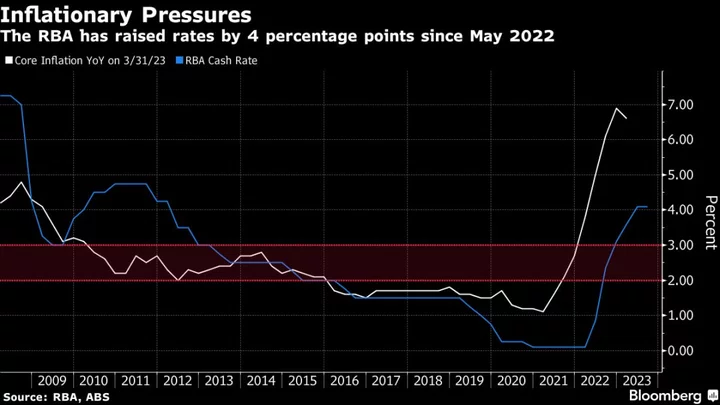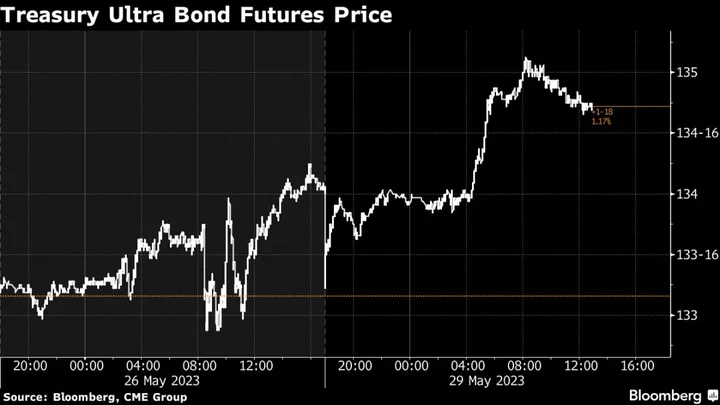Hebei Gellec New Energy Science & Technology Co. is considering a Hong Kong initial public offering as early as next year after shelving previous plans for a listing in mainland China, according to people familiar with the matter.
The Chinese battery firm backed by BYD Co. has held initial talks with potential advisers for the share sale, the people said, asking not to be identified because the matter is private. An offering could raise at least a couple of hundred million dollars and value Gellec at about $2 billion, the people said.
Considerations are preliminary and details of the IPO including size and timeline could still change, according to the people. A representative for Gellec didn’t respond to requests for comment.
Founded in 2010, Gellec manufactures wet-process lithium-ion battery separators, its website shows. The Yongnian, Hebei province-based company withdrew its application for a 1.3 billion yuan ($178 million) A-share listing in September. Its revenue was 691 million yuan in the first half of last year, while its net income was 130 million yuan, according to the IPO prospectus. BYD owns more than a 2% stake in Gellec and contributed to over half of the firm’s revenue in the first six months of 2022.
First-time share sales in Asia, particularly in China, have been brought to close to a halt as regulatory hurdles and an economic slowdown weigh on investor sentiment. Chinese-owned seed giant Syngenta Group last week decided to postpone its Shanghai IPO to the end of next year, citing market volatility.
China Securities Regulatory Commission said in August that it will slow the pace of IPOs citing “recent market conditions,” without giving details on how it would do so. The move was aimed at market stability, after some companies had withdrawn IPO plans due to declining performance and a lack of stable ownership. It also restricted share sales by top stakeholders at firms whose stock prices have fallen below IPO levels or net asset levels.
--With assistance from Kathy Chen.


